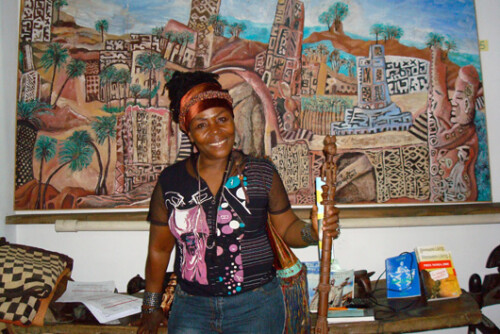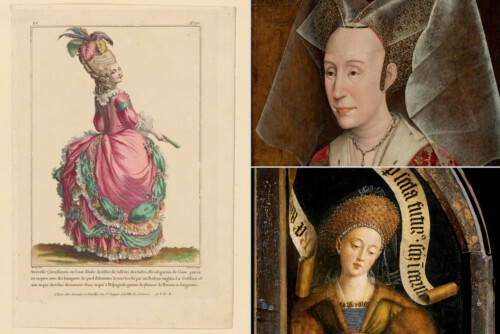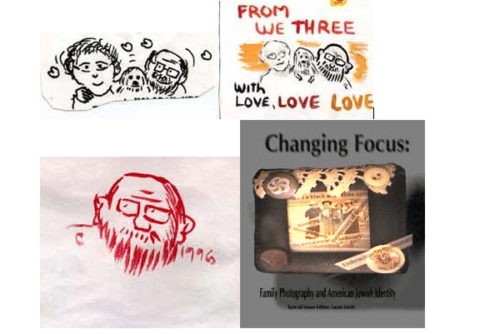This unexpected and embarrassing encounter with the cinema as a primal screen produces a repudiation in the young Obama, as he attempts to reduce its meanings to “the simple fantasies” of “the unreflective heart of her youth.” Black Orpheus, it would seem, must be repudiated because it “invaginates” the paternal line of succession, around which the memoir is organized, with a blackness that evades the natal occasion with a peculiarly insistent previousness, 1 a blackness that the “mother had carried with her to Hawaii all those years before” (my emphasis). Pregnant with great expectations born of the womb of carnival, Stanley Ann Dunham had “named” Obama even before she knew his name. She had dreamed of blackness (just as early modern European medical science feared she might), thus giving birth to blackness. 2
So, what kind of African and African-American blackness irritated and embarrassed our future president in that revival theater that night? Shall we accept his Dorothy-in-the-Wizard-of-Oz explanation of a repressed Kansas girl with Technicolor dreams of the “warm, sensual, exotic, different”? Or, do we also hear in this irritation and embarrassment the undoing of the patronymic name? Do we hear echoes of Derrida’s “loss of the proper [. . .] in truth the loss of what has never taken place, of a self-presence which has never been given but only dreamed of”? 3 Perhaps. If we do, we might also recognize a detail omitted from Obama’s summary of Black Orpheus that must surely have struck him at the time. Or at least, it strikes me in watching Black Orpheus today. Obama’s generalized reference to “depictions of childlike blacks” omits the highly plausible identification his mother may have had with the lead female role Eurydice, the simple country girl who is shown, in the film’s marvelous opening scene, arriving into Rio by boat. Obama never mentions that we enter into the world of Afro-Brazilian carnival through the eyes and heart of a young black woman. Neither does he name the ebullient, melancholic actress who portrayed Eurydice, born eight years prior to his mother, not in Brazil, but in Pittsburgh, Pennsylvania. If Marpessa Dawn could show Ann Dunham how to dance the samba, what other “broken’ [hearted] claim(s) to connection” might there be?



